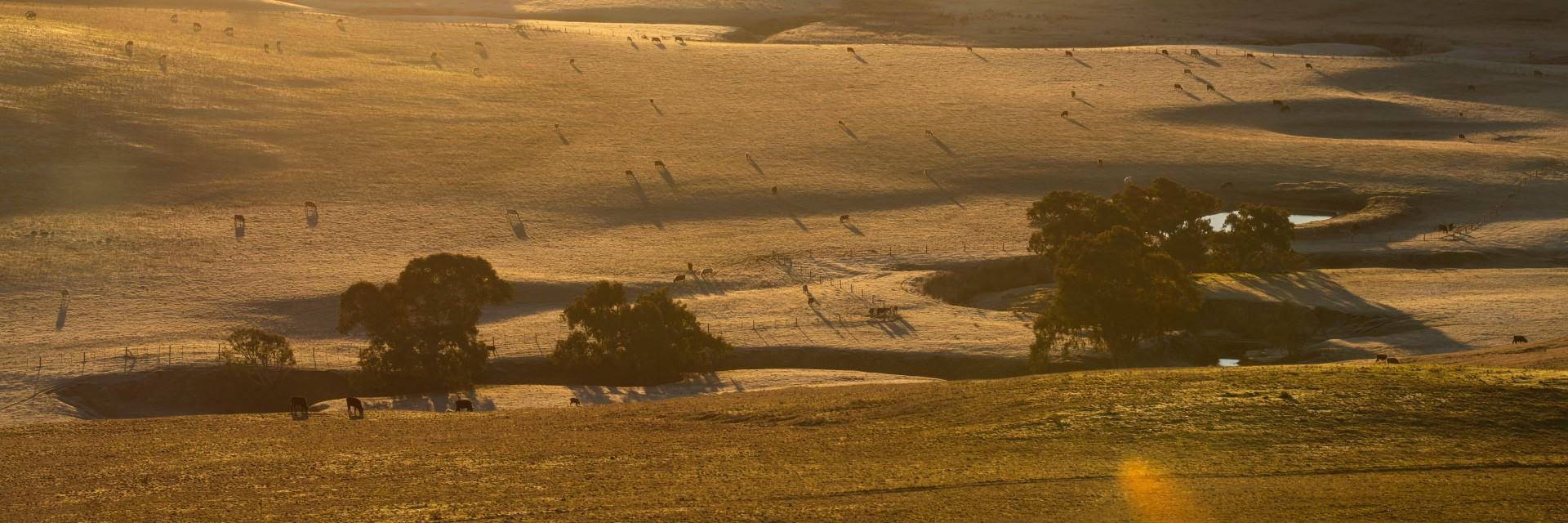By Arts Reporter
Traditional leaders in Zimbabwe have constitutional duties to promote and uphold the cultural values of their communities and, in particular, to safeguard sound family and society values.
They are also mandated, in accordance with an Act of Parliament, to administer communal land and protect the environment.
On 19 August 2025, Chief Garahwa, in a meeting attended by all village heads and headmen under his jurisdiction, made several resolutions which included banning mini skirts, penalizing bar owners who sell alcohol to minors, and punishing those who facilitate child marriages, among others.
The meeting was coordinated by the National AIDS Council under the ‘Not in My Village campaign.’ A video clip of the resolutions, courtesy of Vemuganga Community Radio, has since gone viral, sparking national debate.
Some agree that Chief Garahwa has been consistent in upholding his constitutional duties to promote cultural values. This consistency is not new: on 29 September 2022, he was dragged to the High Court by three Jehovah’s Witness members, led by Tobias Gabaza, after they refused to participate in rain-making ceremonies. The judgment of that case is still a subject for future debate.
However, be that as it may, this villager wishes to highlight the broader challenge within the jurisdiction of the esteemed Chief—a challenge that manifests in many social crises and, at its core, reflects the deep poverty affecting ordinary people.
The land question remains the true elephant in the room. Land gives the ordinary Ndau people identity, livelihoods, and life in the broadest sense. Yet, many have lost their ancestral land, displaced to make way for the expansion of the ethanol project. Today, communities in places such as Machona and Vheneka are losing user rights over the fertile Ndowoyo soils, and the displacement has triggered a cascade of social problems: child marriages, child-headed families, drug and substance abuse, and the spread of sexually transmitted infections, as reflected in the National AIDS Council’s first-quarter reports.
At one point, there was consensus to confront this elephant in the room. Under the banner of the ‘Kanyi Redu Development Trust’, a delegation was formed—including Allanviny Murozvi, the late Freedom Mutanda, Lovemore Muhehi, Mutape Munyondozi, Jerry Moyona, and former Cotton Farmer of the Year, Munyizeya—to engage Chief Garahwa on land displacement, environmental degradation, and river pollution (such as in Musvazi).
Sadly, the delegation was brushed aside and politicized. Nearly two decades later, the reality of those unresolved issues is now undeniable.
We, the ordinary villagers, still believe that unless the elephant in the room—the land question—is addressed, all other resolutions and campaigns will remain mere manifestations of the passage of time without solving the community’s true challenges.
Muburwa Allan Murozvi
An ordinary villager (wanachi) from Ingazvakanaka Clan, Chipinge District

